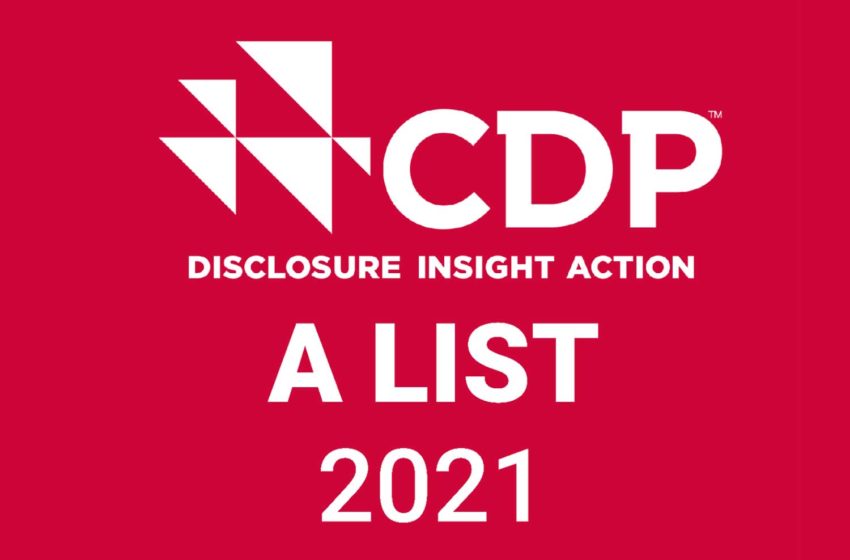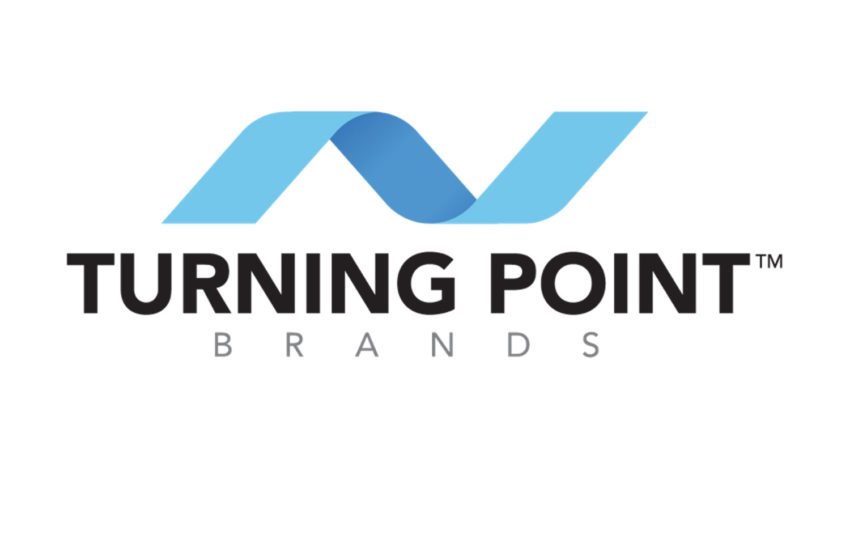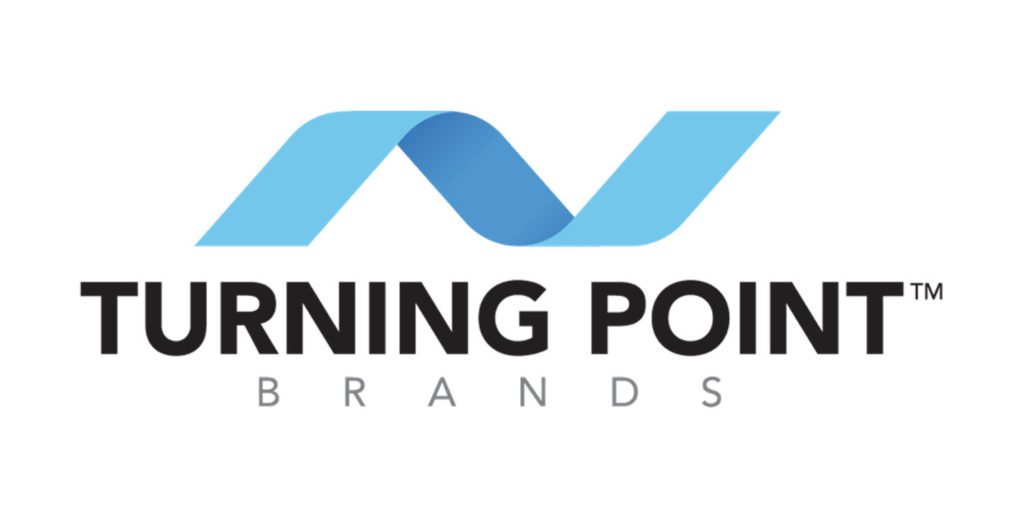China’s recently announced intention to regulate e-cigarettes as tobacco products will reverberate around the world, according to an analyses published on Keller And Heckman’s The Continuum of Risk blog.
On Nov. 26, 2021, China’s State Council announced it would amend the country’s tobacco monopoly law to subject e-cigarettes to the same requirements as traditional cigarettes. On Dec. 2, the State Tobacco Monopoly Administration (STMA) published on its website the draft management rules for e-cigarettes for public comment.
The draft rules define “e-cigarette” as an electronic delivery product that produces nicotine-containing aerosol for human inhalation. The definition does not include heat-not-burn tobacco products, which are already regulated as combustible cigarettes in China, according to Keller and Heckman. The draft rules make clear that e-cigarettes should be regulated like tobacco products by STMA and its local agencies and provide that e-cigarettes must comply with the e-cigarette national standard.
Among other things, e-cigarettes will be subject to premarket registration upon a safety review by the STMA under the draft rules. Producers and sellers of e-cigarettes in China must obtain the same tobacco monopoly licenses as traditional cigarette manufacturers. In addition, all vapor product companies will be required to trade on a national e-cigarette platform to be set up by the SMTA. The draft rules also contain requirements to protect minors such as age-restrictions and warning labels.
Because the draft rules’ registration and production licensing requirements apply to all e-cigarette manufacturers operating in China, they will also impact products sold abroad. China manufactures more than 95 percent of the world’s e-cigarette hardware.
In 2019, China notified the World Trade Organization about its first national standard on e-cigarettes, which covers raw materials, technical requirements, testing methods and labeling, among other topics. On Nov .30, 3021, China published updated draft of the standard for comment.
According to Keller and Heckman, the STMA plans to implement the standard “three to five months after its publication.”
During the transition period, existing enterprises can continue manufacturing and operational activities. However, investors are banned from investing in new e-cigarette enterprises; existing e-cigarette production and operation entities must refrain from constructing or expanding production capacity, and they may not establish new e-cigarette retail outlets and market new products. “New import of e-cigarettes” will also be suspended during this period.
The public comment period for the draft management rules closes on Dec. 17, 2021, 15 days after its publication, and the public comment period for the draft standard closes on Jan. 29, 2022.
 Keller and Heckman will has announced the agenda for its sixth Annual E-Vapor and Tobacco Law Symposium.
Keller and Heckman will has announced the agenda for its sixth Annual E-Vapor and Tobacco Law Symposium.





 CDP has recognized Philip Morris International, Japan Tobacco, Imperial Brands and Altria Group for their environmental leadership.
CDP has recognized Philip Morris International, Japan Tobacco, Imperial Brands and Altria Group for their environmental leadership.









